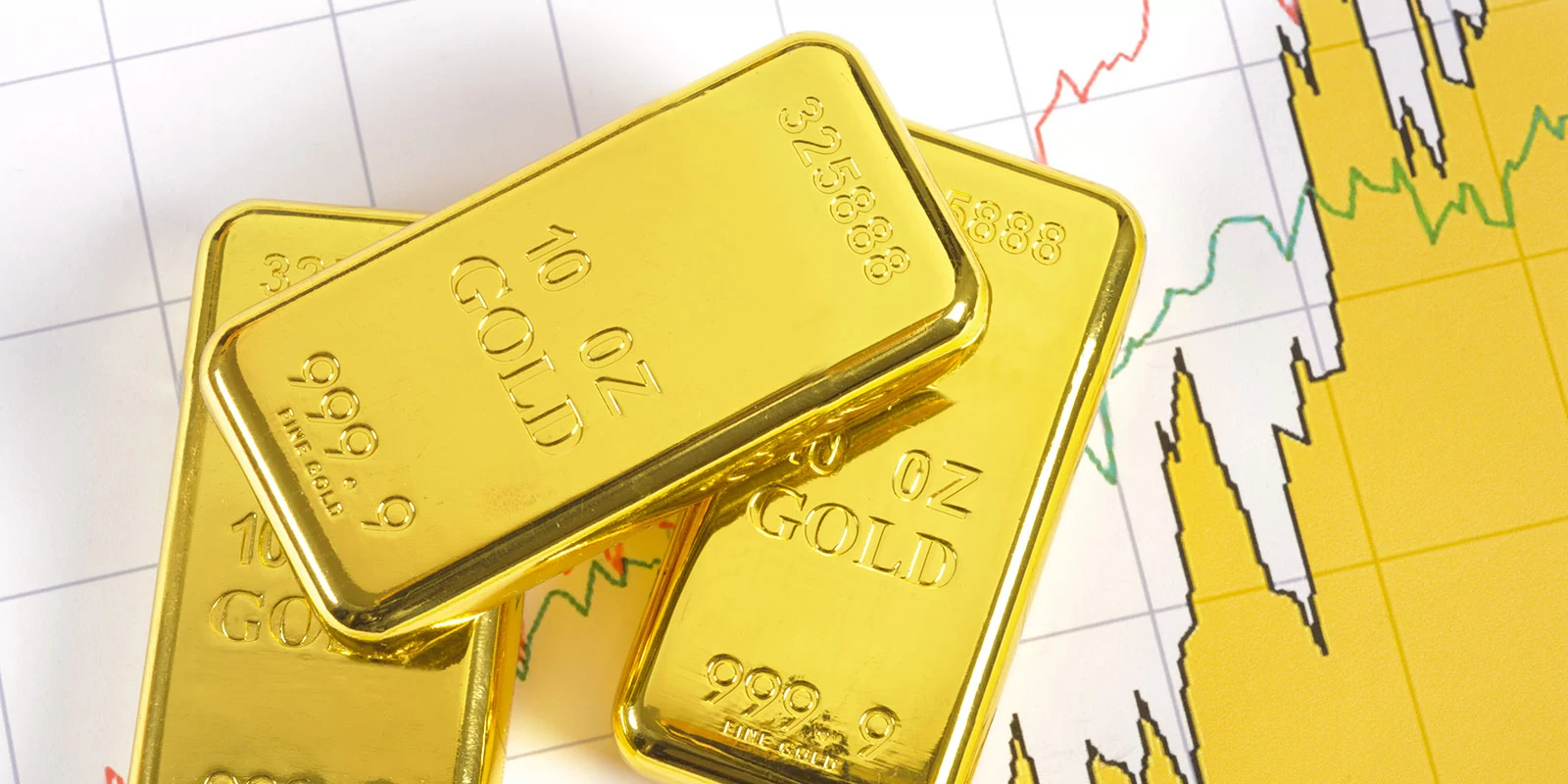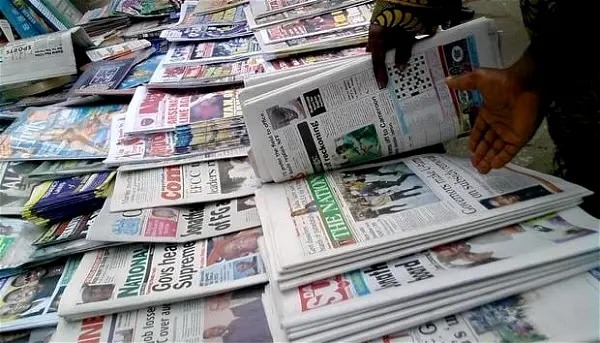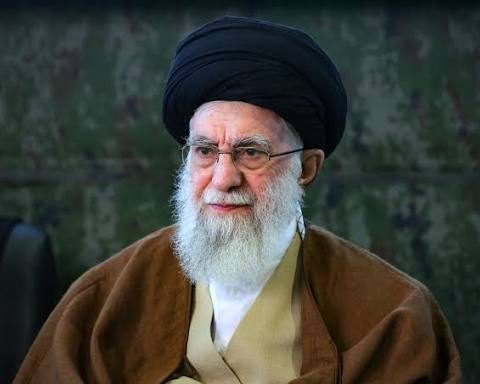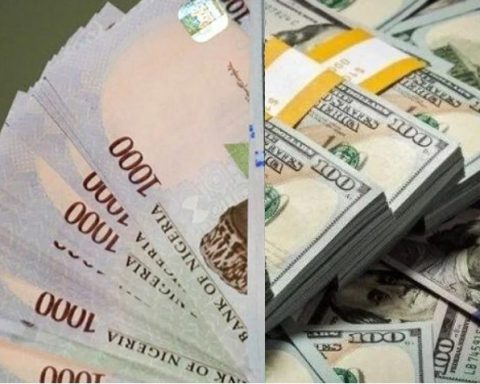Gold Prices Reach New High Amid Interest Rate Speculation
Gold prices have soared to an all-time high, reaching $2,570 per ounce on Friday in London trade. This sharp rise is largely attributed to growing speculation that the United States Federal Reserve is preparing to cut interest rates in the upcoming week.
“Investors are pricing in a high chance that the Fed will lower rates, and that’s been a major factor pushing gold prices up,” said David Rogers, a financial analyst with Global Gold Markets.
Join our WhatsApp ChannelSafe-Haven Demand Bolsters Gold Prices
Apart from interest rate cuts, the surge in gold prices can also be traced to an increased demand for safe-haven assets.
The current political uncertainty surrounding the close presidential election in the U.S. has investors turning to gold as a secure store of value.
“The uncertainty in global markets, especially with the U.S. election, is making investors seek the stability that gold provides,” explained Rogers.
Gold Futures Surge as Market Bets on Rate Cuts
Along with spot gold, gold futures also saw a significant boost, approaching a peak of $2,600 per ounce.
The rise in gold prices comes as U.S. Treasury yields and the dollar weaken, two key factors that tend to drive gold prices up. Lower yields decrease the opportunity cost of holding non-yielding assets like gold.
Nigerian Lawmakers Push for Gold Expansion
Meanwhile, in Nigeria, lawmakers are advocating for an expansion of the Central Bank of Nigeria’s (CBN) role in the country’s gold sector.
A new Senate bill is being proposed to make gold at least 30% of Nigeria’s foreign reserves, which would significantly bolster the economy.
“We believe gold could play a bigger role in stabilising our foreign reserves,” said a lawmaker involved in drafting the bill.
READ ALSO: Gold Prices Rise As Iran’s Attack On Israel Sparks ‘Safe Haven’ Demand
Currently, gold accounts for about 4% of Nigeria’s foreign reserves. The country’s economy has been under significant pressure, with inflation at a near 28-year high and the naira losing more than two-thirds of its value against the U.S. dollar over the last year.
Global Trends Push for Domestic Gold Reserves
Nigeria is not alone in seeking to expand its gold reserves. Globally, there has been a growing trend of nations repatriating their gold and holding it domestically.
A World Gold Council survey from 2023 showed that 68% of central banks plan to keep their gold reserves within their borders due to concerns about the potential use of reserves as a geopolitical tool.
“We’ve seen what happened with Russia’s reserves, and no country wants to be caught in a similar situation,” said Rogers.
What’s Next for Gold Prices?
While the Fed’s anticipated interest rate cuts remain a key driver of the gold market, investors are still uncertain about the size of the cut.
According to CME FedWatch, there’s currently a 58% chance of a 25-basis point cut and a 42% chance of a 50-basis point cut. A cut in interest rates generally benefits gold because it lowers the cost of holding the precious metal.
“There’s a strong chance that the Fed will lower rates by 100 basis points by the end of the year, and that would be a huge boon for gold prices,” added Rogers.
With two more Fed meetings scheduled before the end of the year, the future of gold remains closely tied to the decisions of U.S. policymakers.
Gold prices continue to break records as investors weigh the possibility of interest rate cuts by the Federal Reserve and seek safe-haven assets amid political uncertainty.
With growing demand and global trends favoring domestic gold reserves, the precious metal looks set to remain in the spotlight for the foreseeable future.














